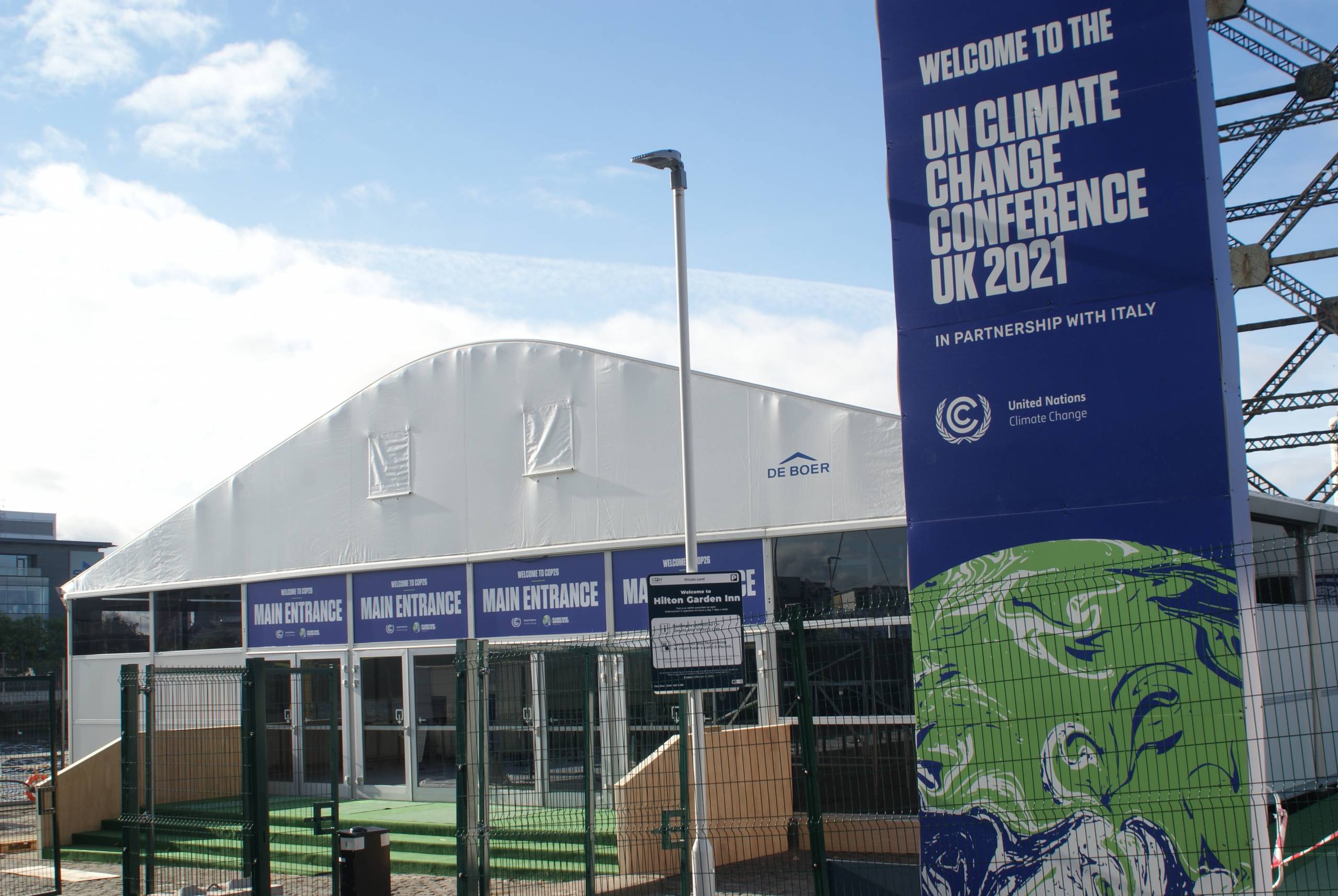With COP26 over, it’s time for wealth managers to consider what the various commitments and pledges made will do for investment portfolios. The United Nations Climate Change Conference, held in Glasgow, dominated headlines across its two-week duration and there have been plenty of talking points.
It’s difficult to predict exactly what COP26 will mean for markets and, by extension, those invested in them. Once the dust settles and the hot air clears, the event will likely lead to policy changes designed to move the world closer to net zero. This will, inevitably, lead to winners and losers, but what seems certain is the renewed focus on sustainable investing as a tool.
Want to discover a socially responsible investment portfolio of your own? Moneyfarm makes it easy to put your money to use, not just for you but for the planet.
Open a portfolio todayFinance plays a key role
At COP26, the role of finance in shaping the future of the climate was thrown into sharp relief. This has never been in doubt, but the conference made it clear just how important businesses and investors alike will be if the ambitious net zero targets are to be met.
The UN Special Envoy for Climate Action and Finance, Mark Carney, made it clear that he sees the net zero commitments as a critical part of the financial infrastructure going forward. For example, Carney highlighted that businesses with detailed plans of how they are expecting to cut emissions will find capital where those without may not.
Just as headline-grabbing is the group of banks, investors and insurers – with a combined $130 trillion at their disposal – which pledged to put climate action at the heart of their work and to put green investing on a firmer footing. Carney talked about creating a kind of “powerful virtuous circle” at the event, something which it seems will be vital if net zero is to be achieved in good time.
ESG-focused businesses could gain an advantage
As Carney alluded to, a focus on ESG could become a significant competitive advantage going forward. There is a growing momentum among both investors to target businesses with strong ESG credentials, as the economy moves gradually away from carbon-intensive practices and towards more sustainable solutions.
It’s not a purely altruistic shift, either. Yes, sustainability is positive for the environment, but it’s also a useful development for businesses. US Treasury Secretary Janet Yellen, speaking at COP26, said “The reason I am here is because climate change is not just an environmental issue. It is not just an energy issue. It is an economic, development and market-destabilizing issue, and I would not be doing my job if I did not treat it with the seriousness warranted.”
Businesses that ensure that their supply chains are sustainable could benefit from:
Top-line growth
Businesses with a strong social and environmental image are, fundamentally, more attractive propositions. For both B2B and B2C companies, a positive social image will be attractive to customers – on the flipside, association with unsustainable or unsafe business practices can take a demonstrable toll on how a company is perceived.
Cost reductions
On an internal level, businesses with a strong ESG proposition will lower their energy consumption, their water intake, and their waste. The opposite side of that coin is higher waste disposal costs and spending more on energy.
Regulatory and legal interventions
This is a factor that will only become more important as time goes on. By adopting less stringently regulated business practices, organisations can operate with far more freedom and enjoy a symbiotic relationship with regulatory bodies and governments. Companies that fail to do so risk suffering restrictions on advertising and point of sale, while fines and penalties incurred could have a significant impact on a business’ bottom line.
Productivity uplift
Broadly, people want to work for businesses they feel are making a positive social and environmental impact. Though difficult to quantify, the talent acquisition perks enjoyed by ESG-focused businesses can be huge. This is particularly evident when you consider the opposite side of the argument – businesses with ‘social stigma’ can find it tough to attract the right talent.
Investment and asset optimisation
A socially responsible mindset can help businesses enhance investment returns by better allocating capital for the long-term, for example more sustainable property and equipment. By looking to the future, companies can avoid creating stranded assets that arise as a result of premature ‘write-downs’ and save money relative to their more energy-reliant competitors.
Has COP26 inspired you to put your money to work in a more sustainable way? Find out what a Moneyfarm SRI portfolio could do for your long-term financial future. Our portfolios are actively managed, globally diversified and use only best-in-class ETFs. Find out more by clicking the button below.
Invest today




